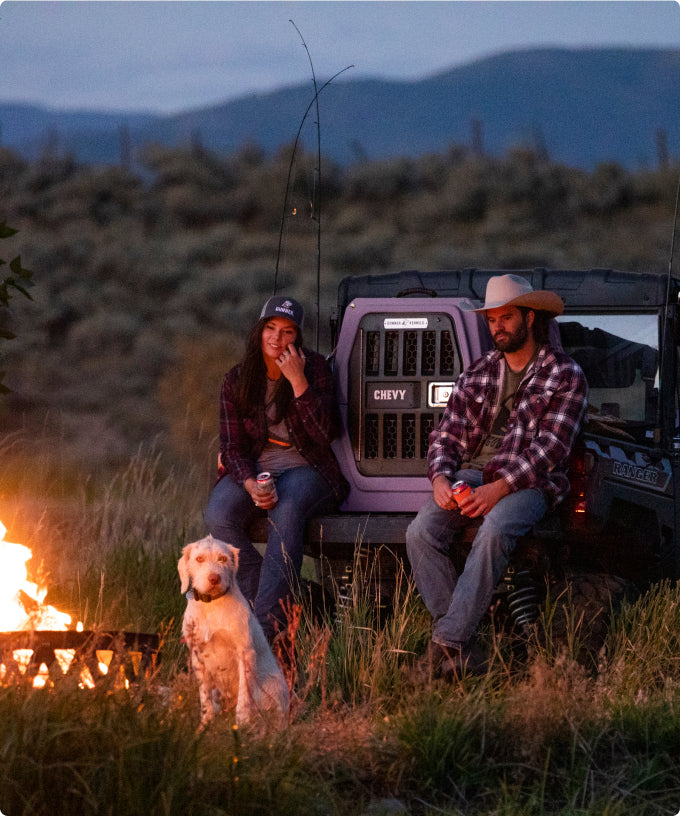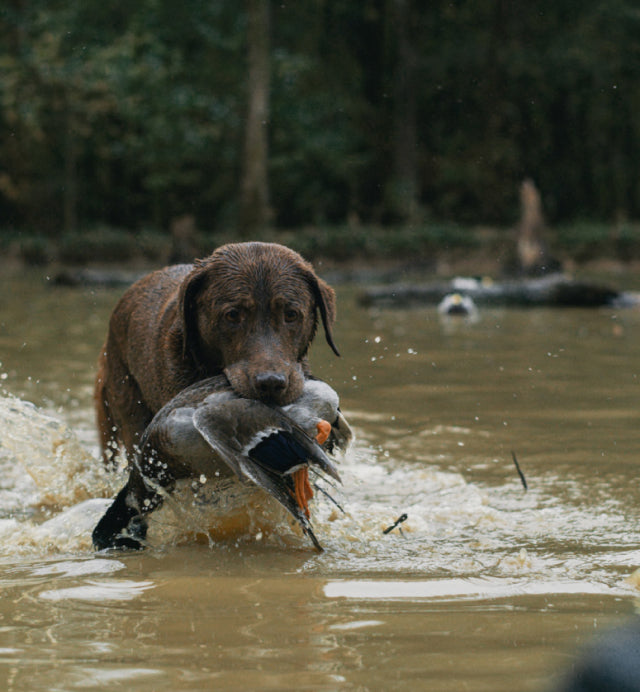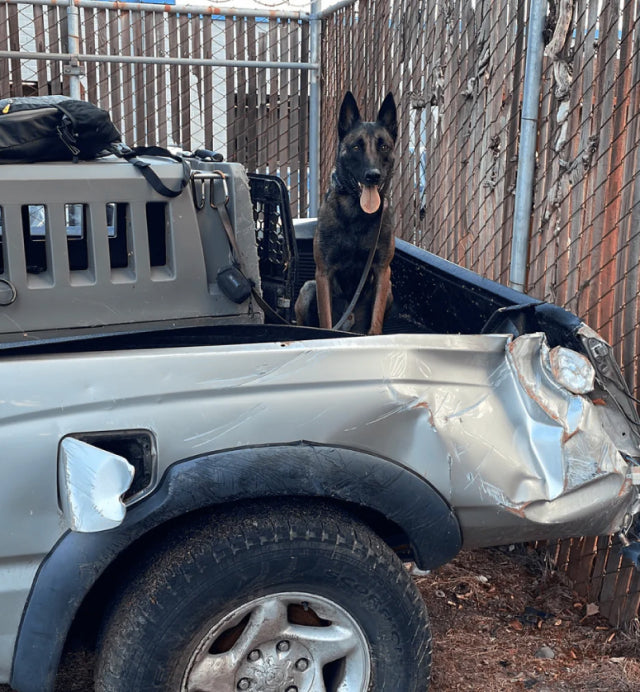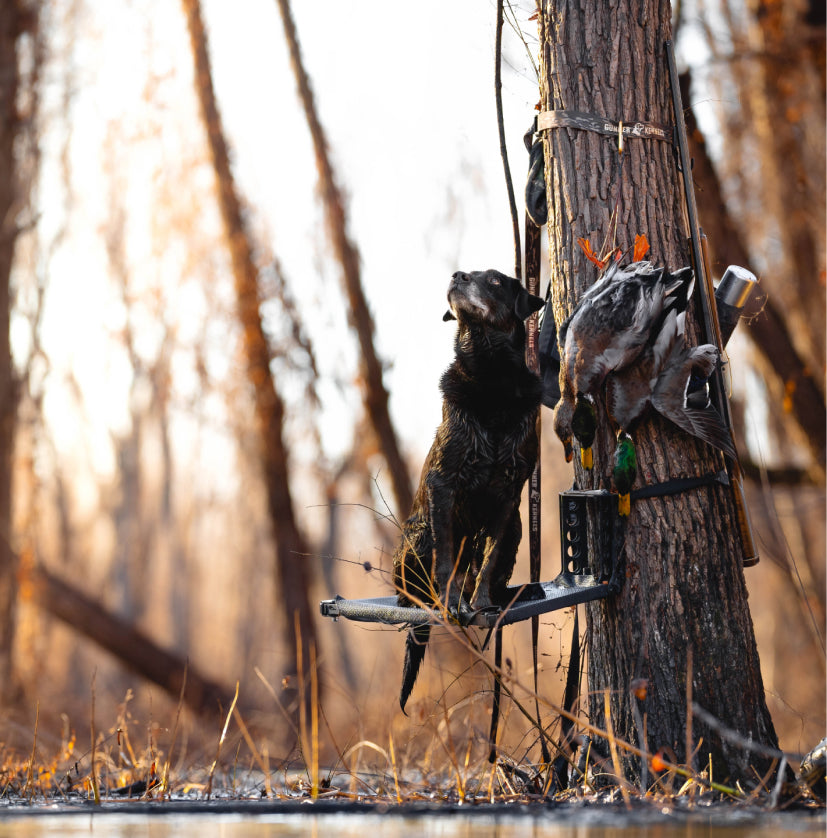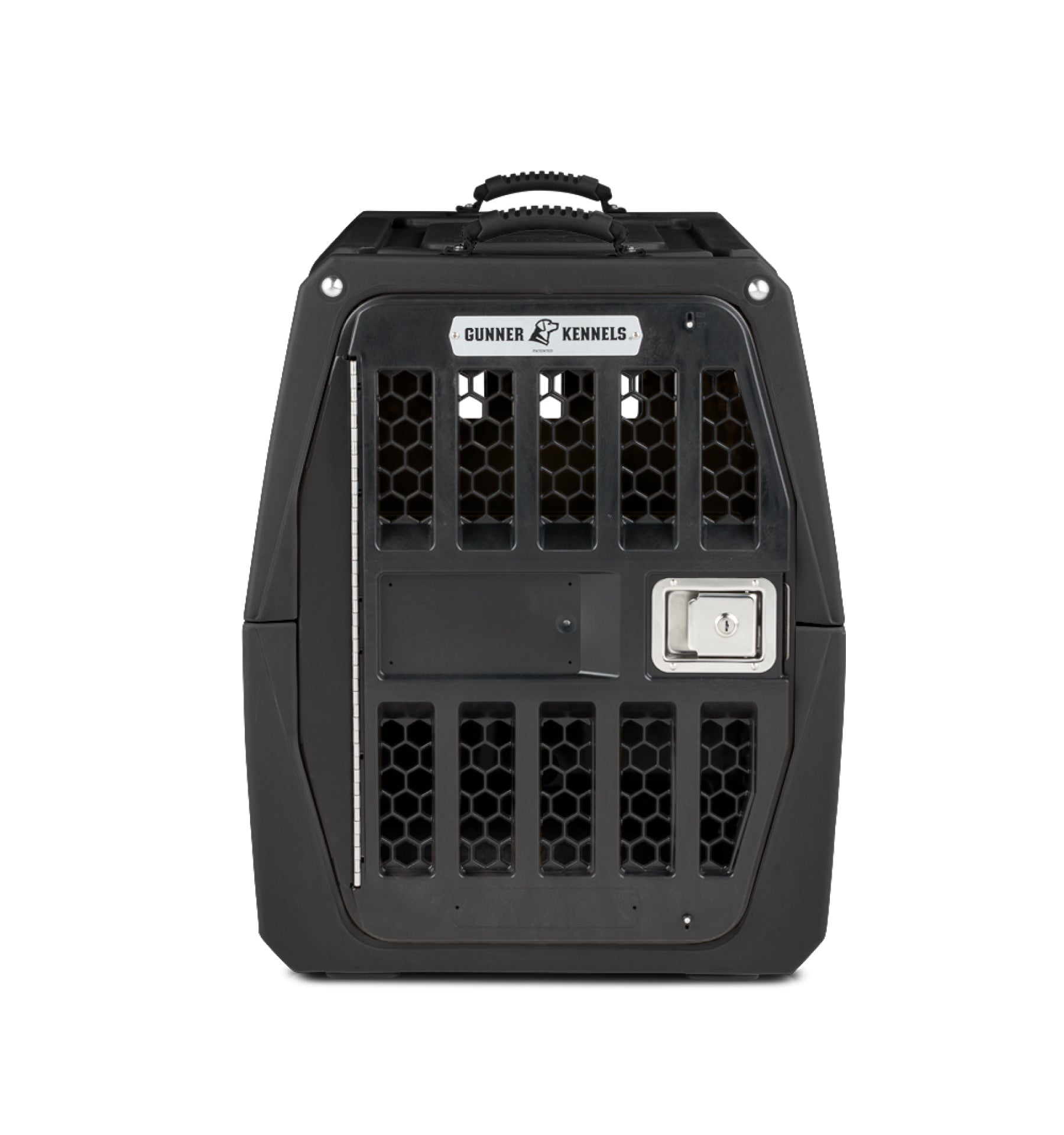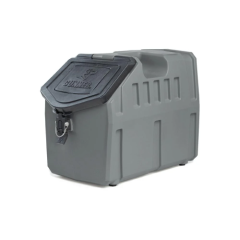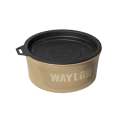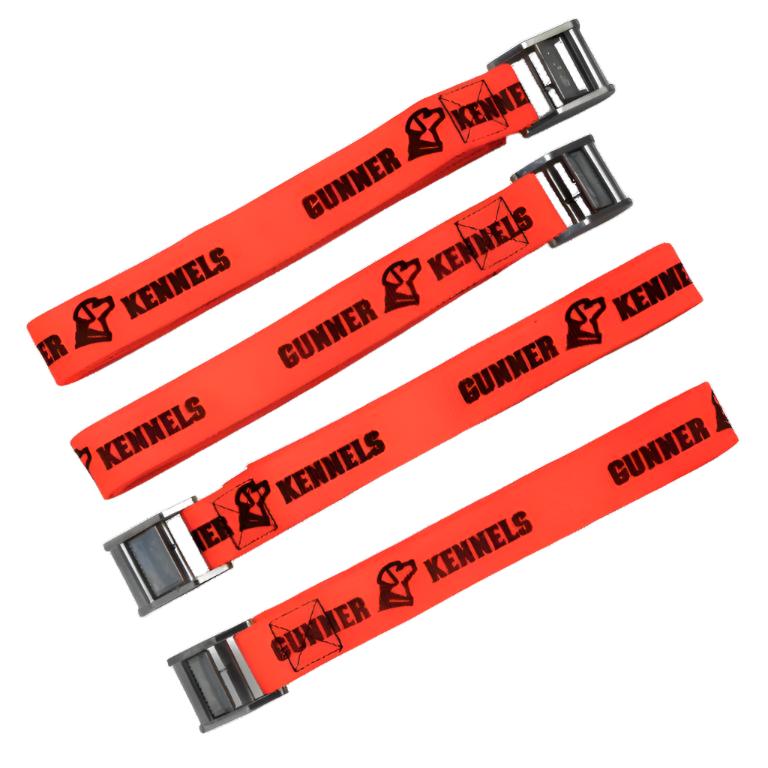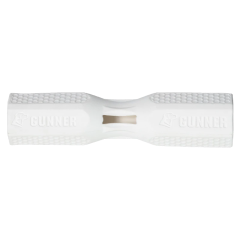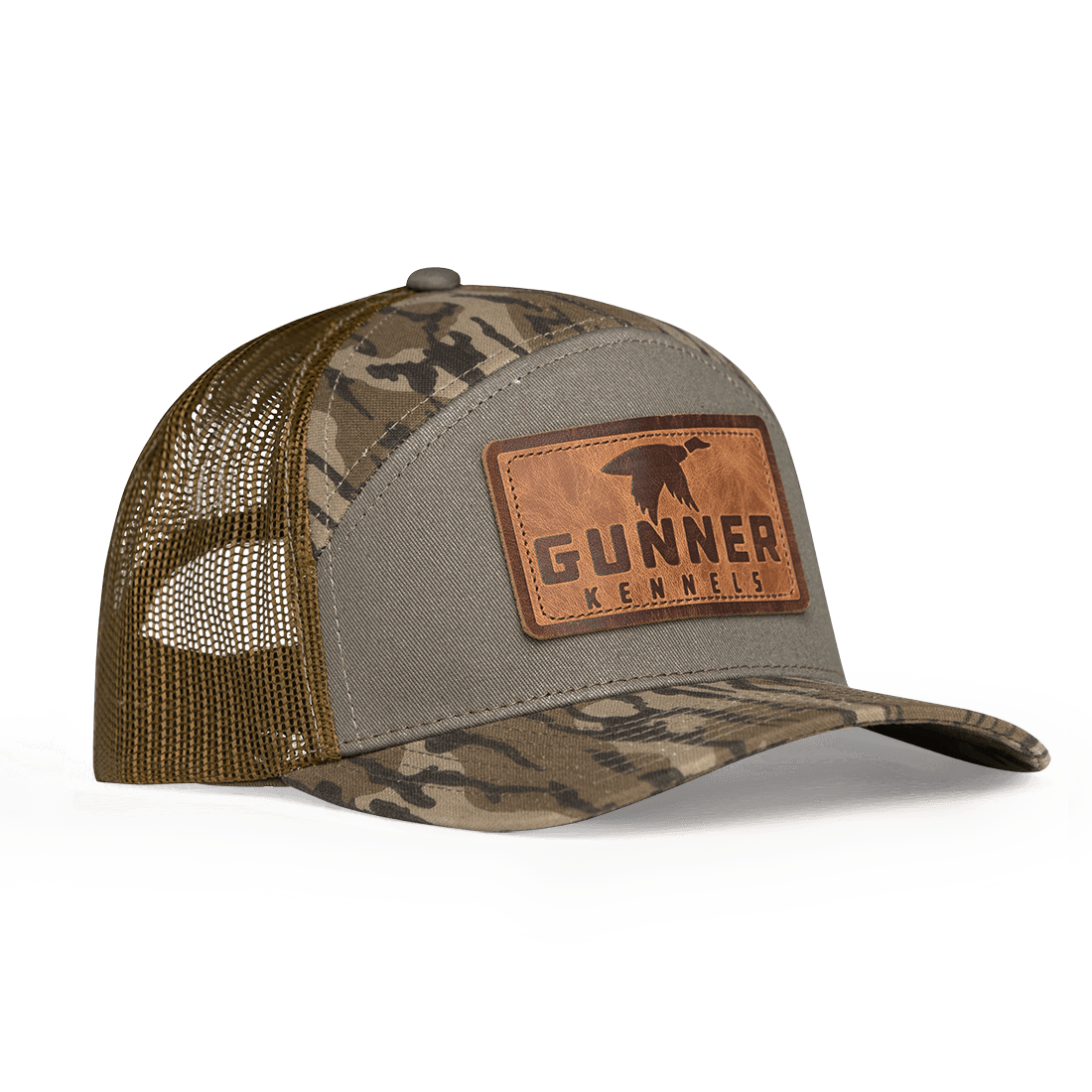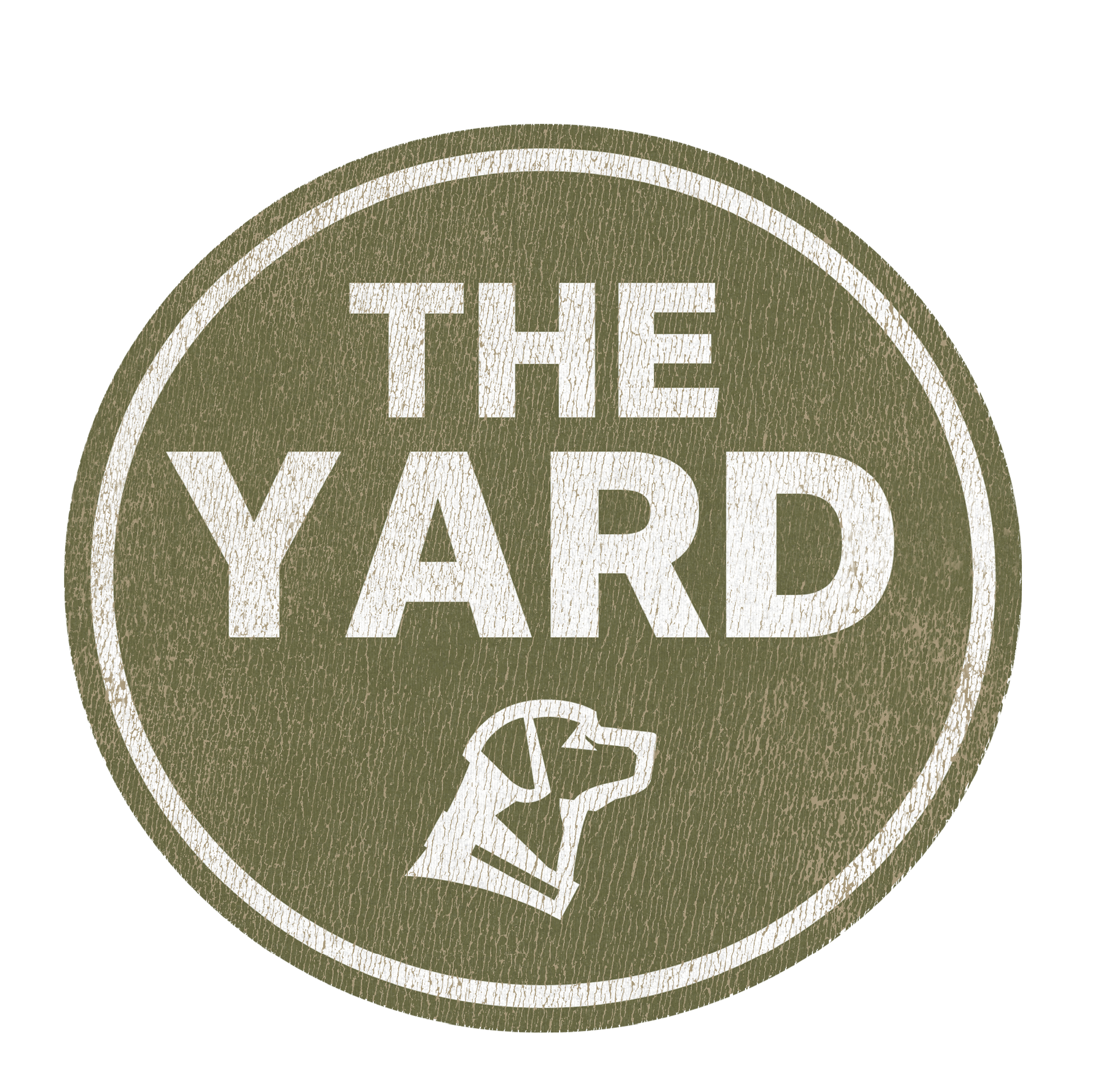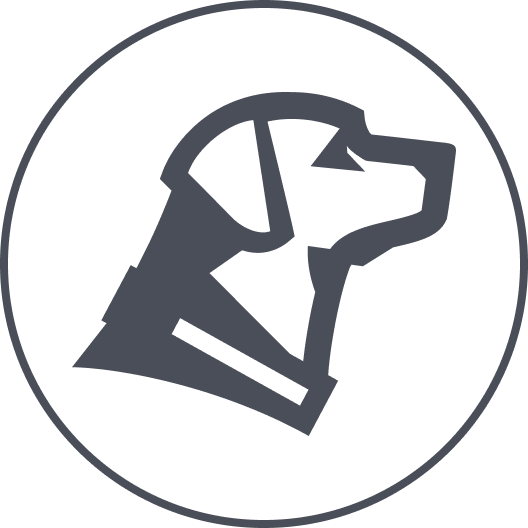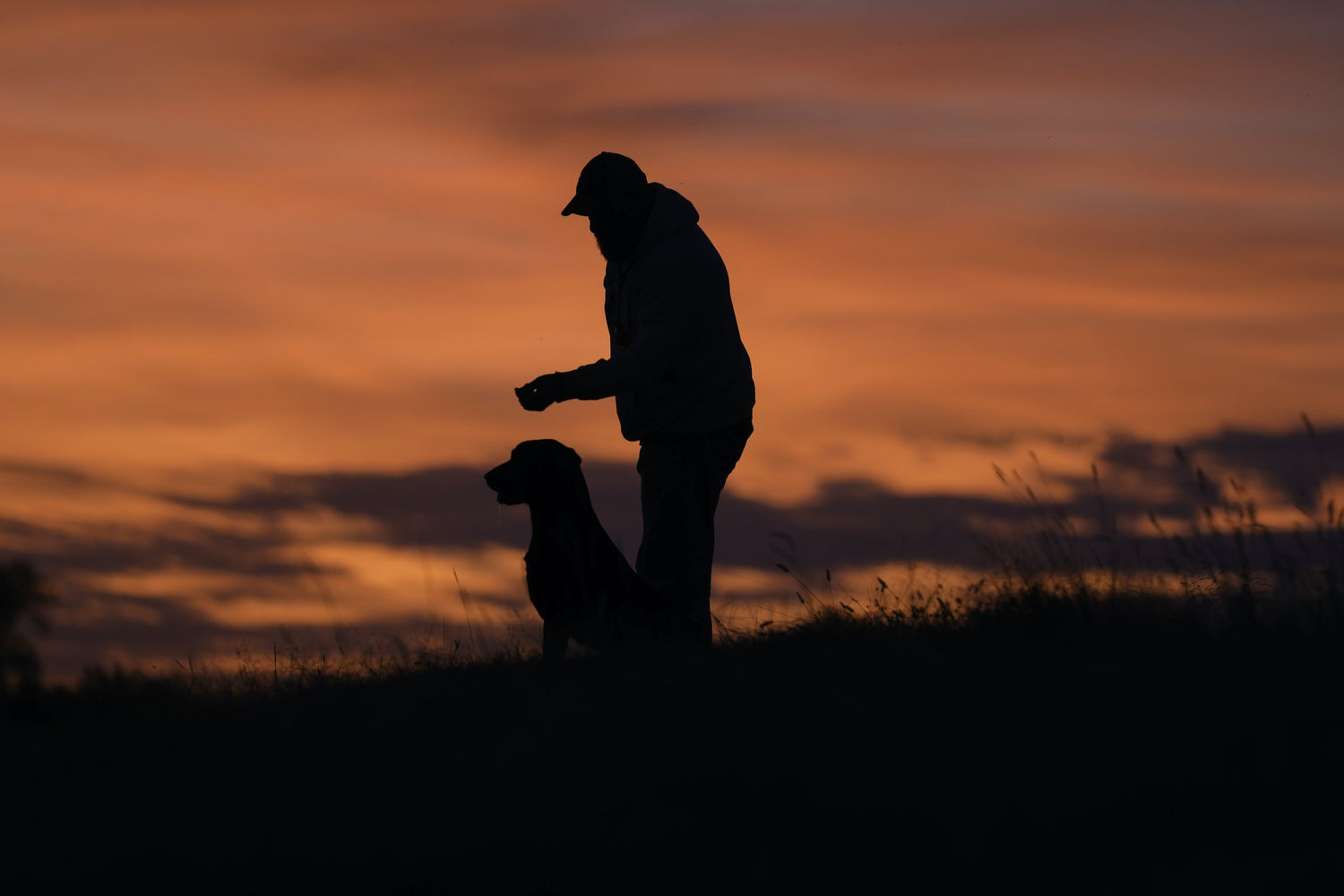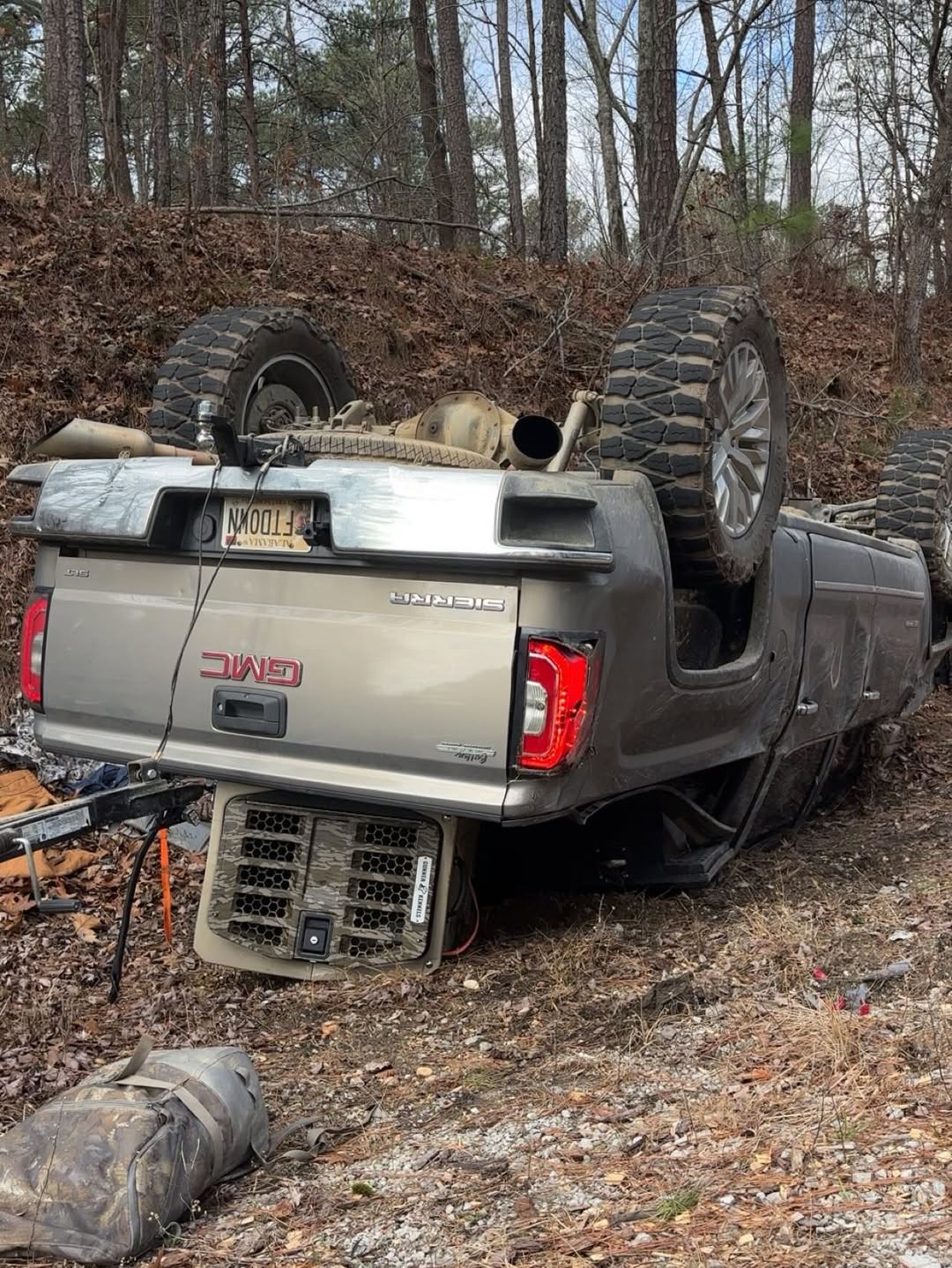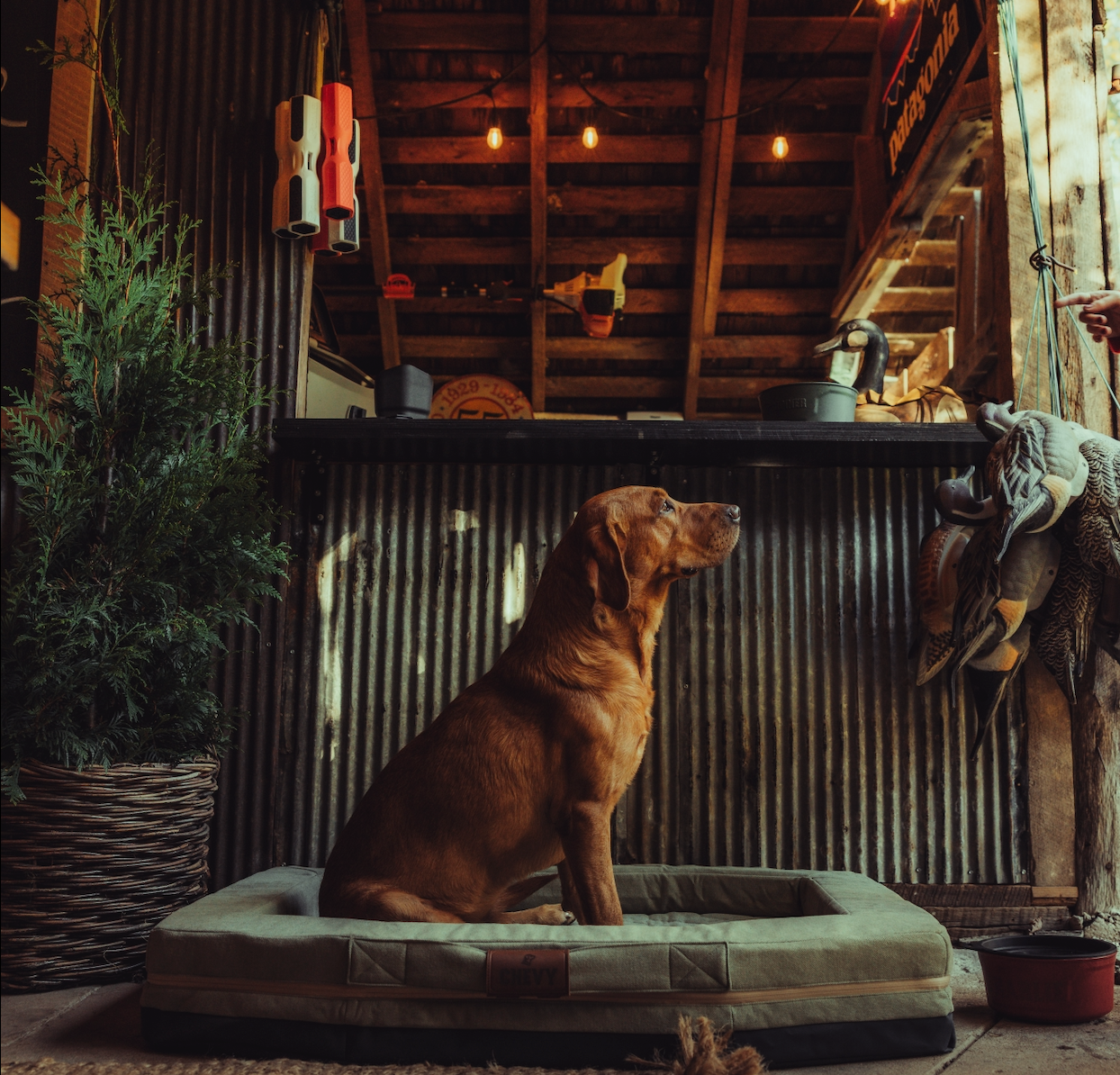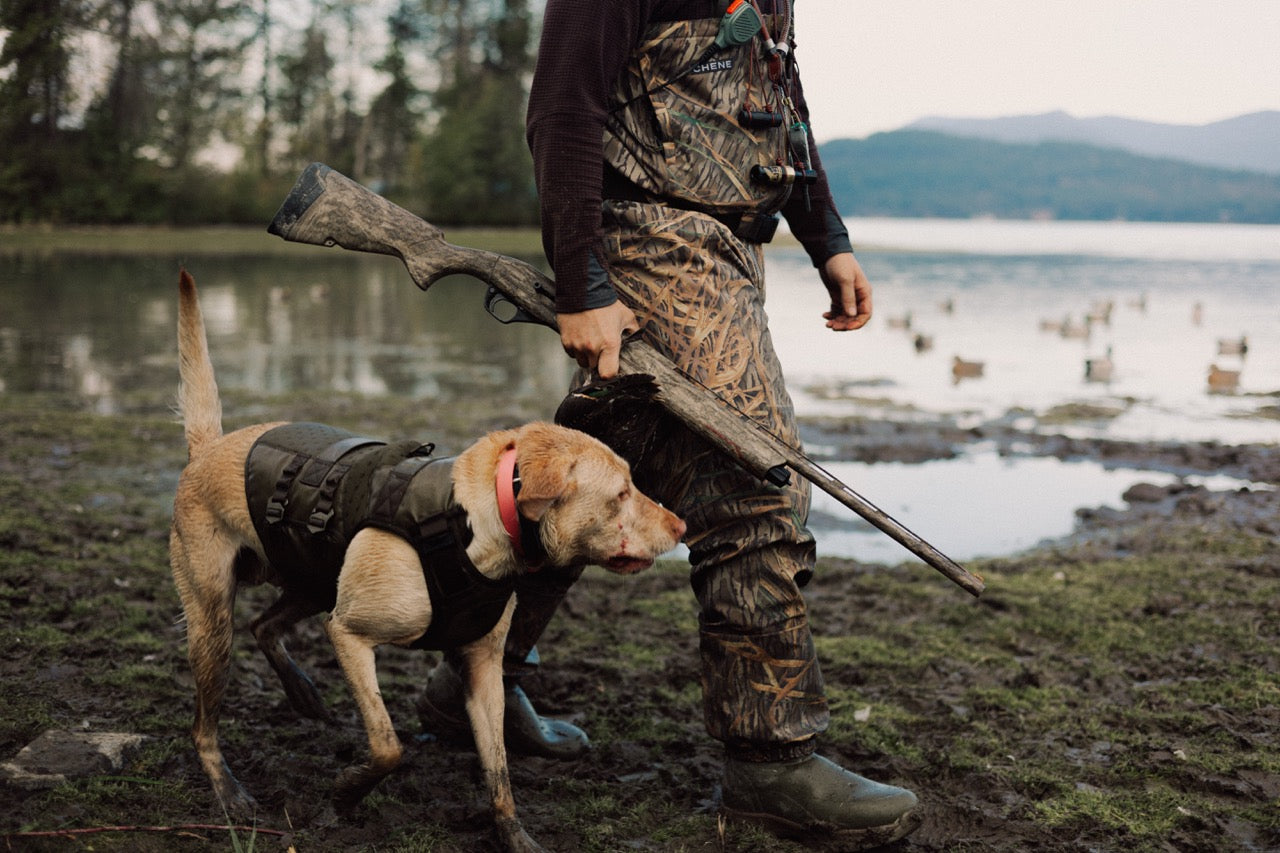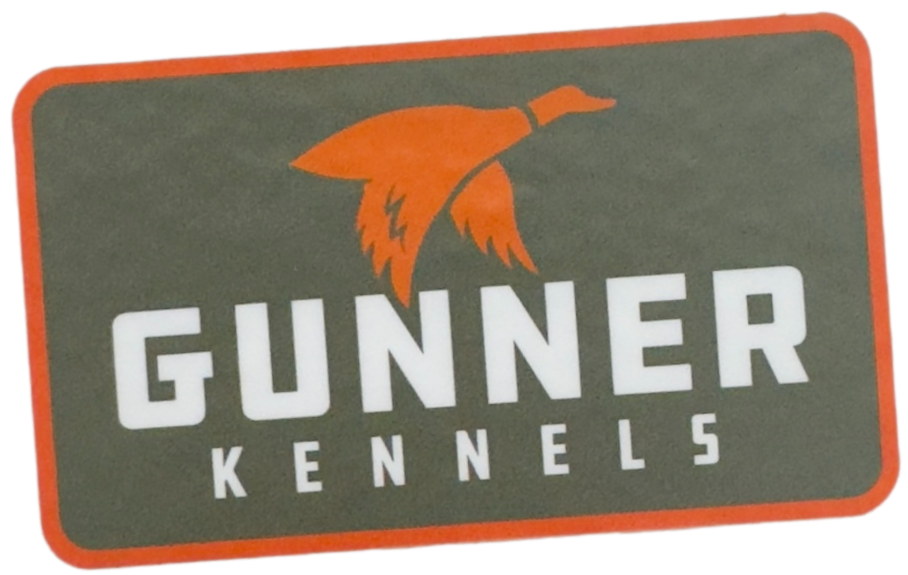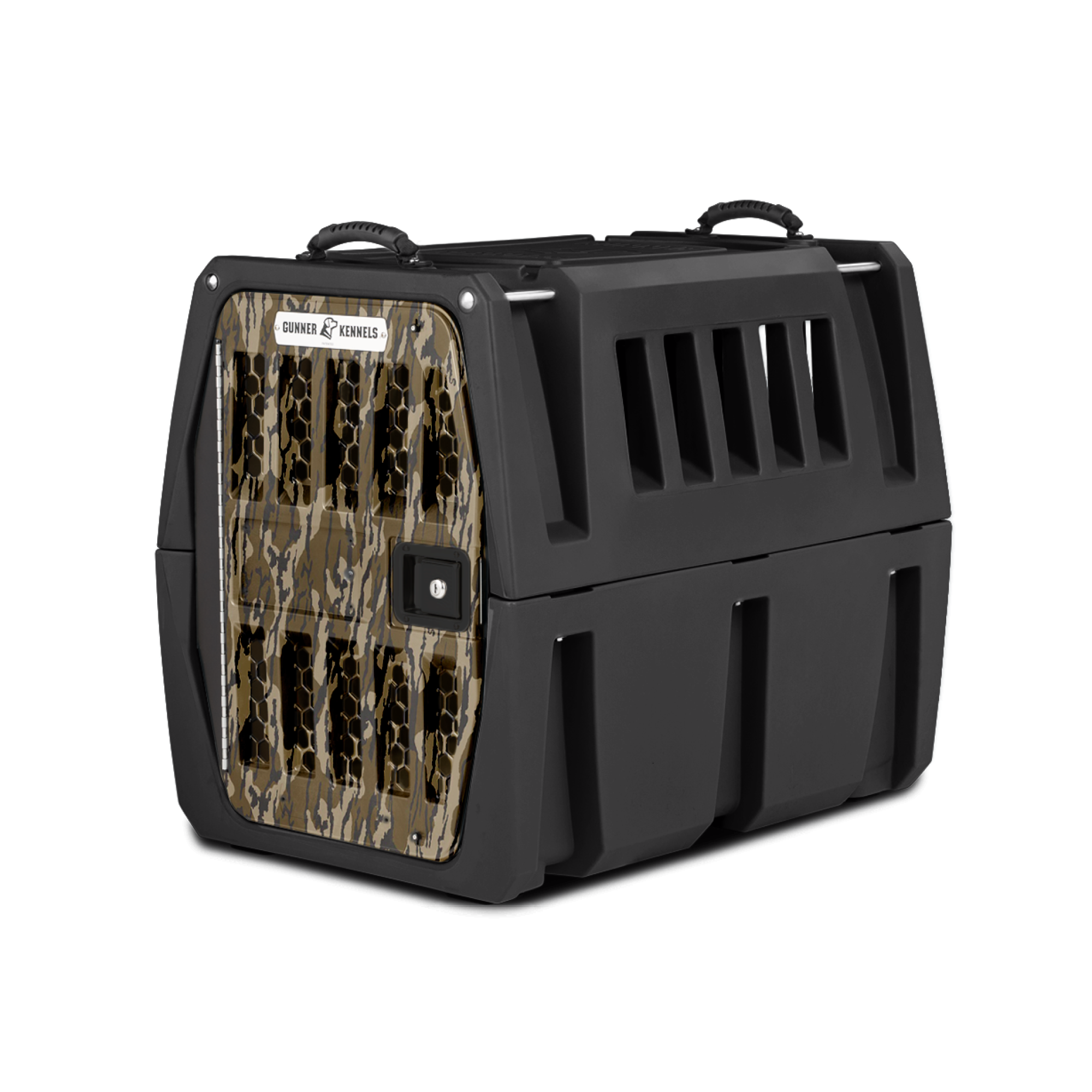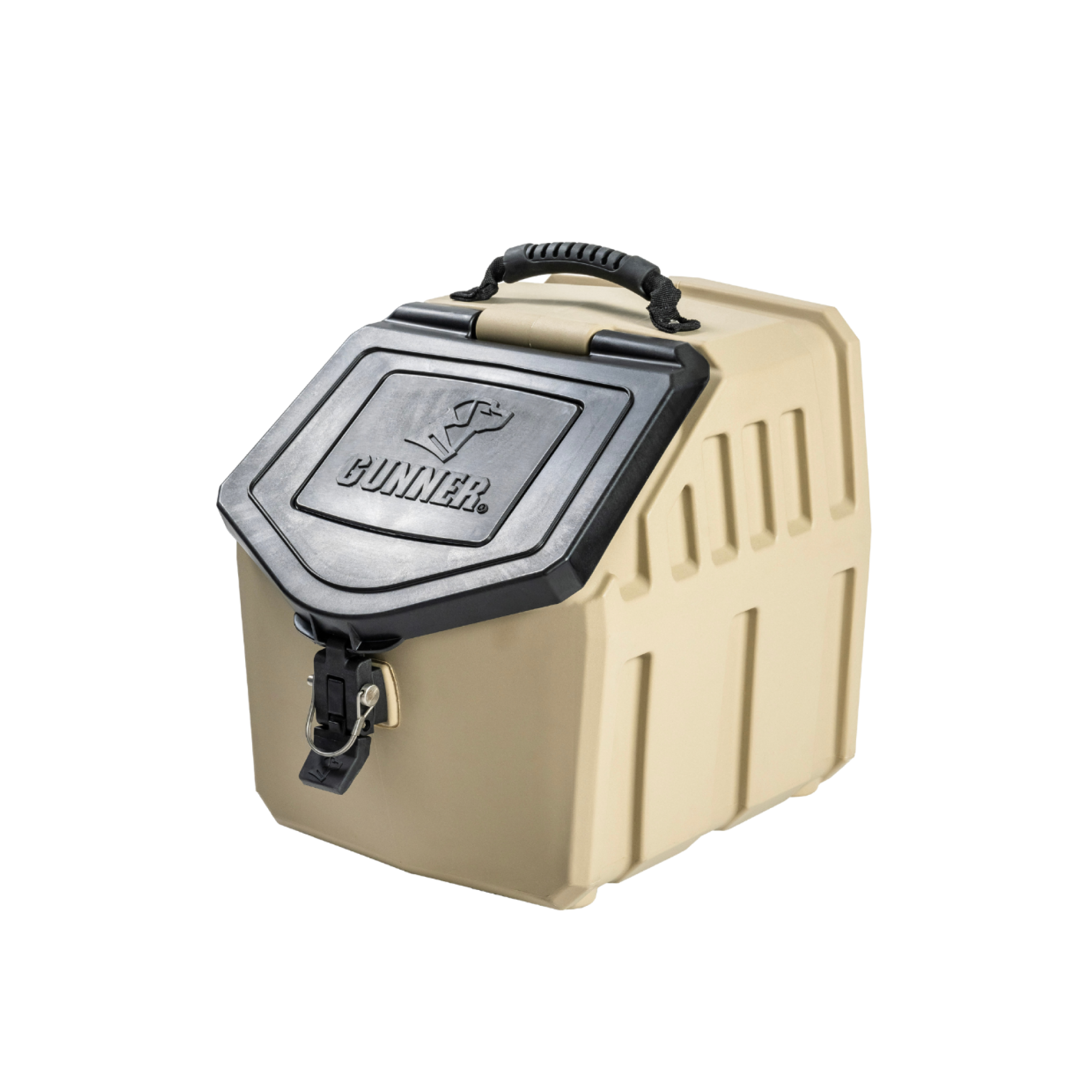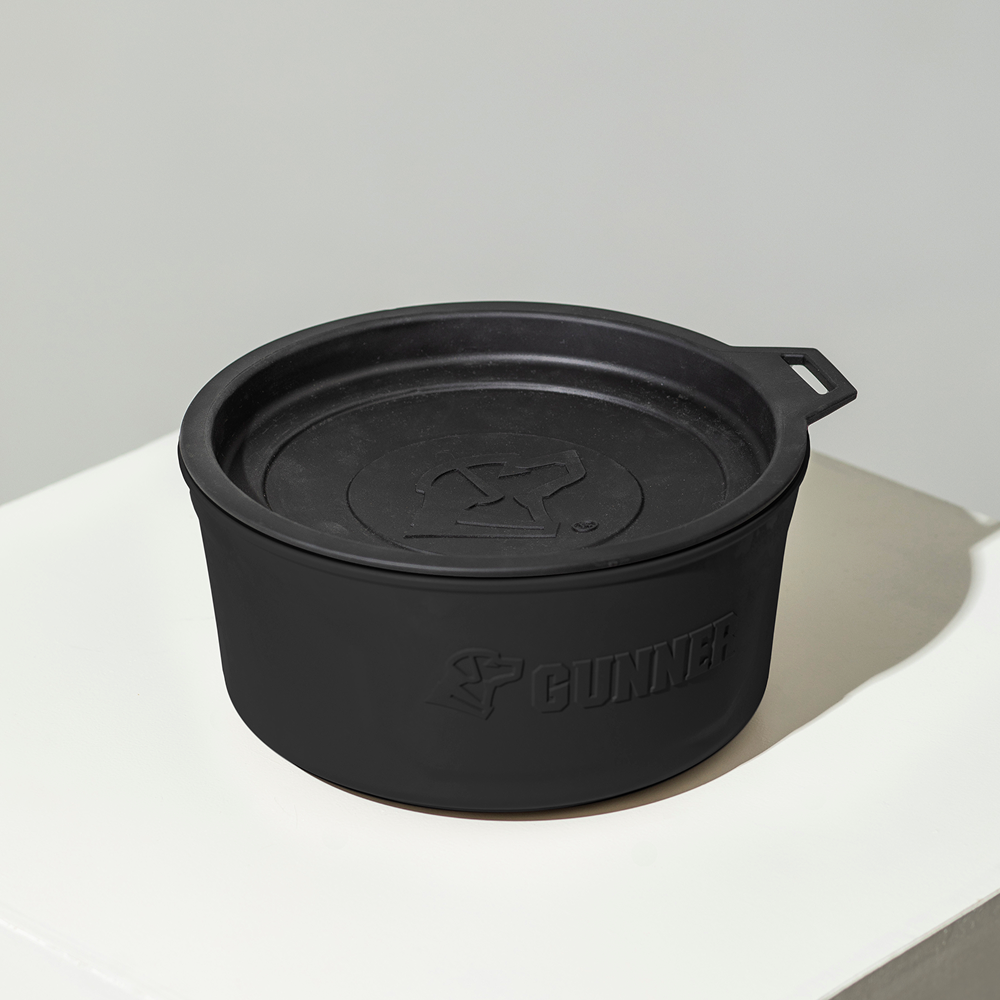The Ultimate Guide to AKC Hunt Tests
Hunting season is over and your gun dog is working hard at keeping the couch warm for you; but you both may want to do more. The off-season is a great time to continue making progress with training and if you feel like challenging yourself, AKC hunt tests are a great way to keep the good times rolling. Many people believe they don’t need to chase ribbons or earn titles, and their dogs are good enough, and we certainly understand that. However, the hunt test game is so much more than that. It’s an enjoyable and productive way to keep you and your hunting partner active and in tune during the off-season. It proves your dog is, in fact, good enough, and it is an accolade to the relationship and training you’ve built together. Dogs work hard throughout the year. Those ribbons and titles, albeit not always necessary, are a venerable testament to a dog’s skill, intensity, and love for retrieving!
The Junior Hunter Test
At the Junior Hunter test, your dog should be relatively obedient on leash, they do not have to be steady, and you can hold their collar while the bird or mark is being thrown. Nonetheless they shouldn’t be absolutely out of control. There are two series you must complete: a land series and a water series. Each series includes two marks, thrown one at a time. Your dog must retrieve to hand; they can not drop it at your feet. So let’s do a quick dry-run for an example:
You have entered your first test and you and your dog are almost up. You will be asked to wait with your dog in a staging area or holding blind until it is your turn. Once you’re ready, you will attempt to walk nicely on leash to the line, which is the location where the judges ask you to work from. You will sit your dog down nicely, unleash him/her, put the leash in your pocket (which is one of the rules), and, when you are ready, you will signal the judges to start the test. There will be a duck call in the field to help your dog look out, then a gunshot and a bird thrown. The judge will release you after watching your dog for obedience, then you can let go of the collar and send your dog for the mark. If all goes well, your dog will find the bird and return the bird gently to hand. After you take the first bird from your dog, you get ready for the second. You’ll signal when you’re ready, wait for the judge to release you, then send your dog to do their job once more. If you pass the land series, you will then be invited to run the water series. Again, two marks, same rules, and if you complete both series, you earn one of four passes needed towards your Junior Hunter Title.
There are a few reasons your test could result in a fail:
- The dog doesn’t find the bird
- The dog chews or eats the bird
- The dog drops the bird at your feet or at the shoreline and won’t pick it back up
- The dog shows zero control on- and off-leash

The Senior Hunter Test
Once you’ve passed junior level, a Senior Hunter test is next. At this level, your dog is expected to be steady, work well off-leash, pick up two marks on land and water, run a blind (a bird that the dog doesn’t see fall) on both land and water, honor another dog while they work, and perform a walk up. Here is the example you may see at a Senior Level test:
You’re in the holding blind waiting your turn, then the judges will tell you to come to the line. You will need to unleash your dog and walk them off-leash and under control to the line. Once you and your dog are ready, you will signal the judges and start the test. You will hear a duck call, the shot, and then the first mark will be thrown. A few seconds later and—quack, bang—another duck will be thrown. Your dog must sit and wait for you to release him/her. After you are released by the judges, you can send your dog for the retrieves. Your dog has to pick up one bird at a time, deliver it nicely to hand, and then you’ll be asked to run a blind. You will send your dog out for the blind, blow whistles, and handle your dog to the bird. Once you complete that portion, you will have to honor the next dog. With your dog still off-leash, it must sit quietly without interrupting the next dog. Once you successfully complete that, you will be invited to the water series, where you will have to do a water double and a blind.
During the test you will have to honor once, so either during the land series or the water series but not both. You will also have to complete one walk-up. A walk-up is when you heel your dog from the holding blind to the line, but you do not stop. You continue to heel until there is a shot and a bird thrown. At that point, you can either blow a sit whistle or say sit to control your dog, watch the second bird fall, and then release the dog to do the work. In order to earn a Senior Title, you will need to successfully pass four tests, as long as you already have a Junior Title. If you haven’t completed your Junior Title, there is an additional test. Each test is a one-day event, the same as Junior.
Things that may result in a fail:
- Breaking or leaving before you release the dog
- Breaking on the honor
- Running a blind poorly
- Returning to an old fall.
(Returning to an old fall is when your dog has picked up one bird already, still has to pick up the next mark, but, rather than hunting for the second bird, they leave the area and go back to where they found the first bird. This is a major infraction and is not allowed.)

The Master Hunter Test
The top and final tier is Master Hunter. The judges can throw everything plus the kitchen sink at you. This level has three series and takes an entire weekend to complete. There is a land series, a water series, and a combination series (land and water). You and your four-legged companion have to perform one walk-up, one honor, and several blind retrieves. Generally, there are three marks at each series, but you can sometimes see two marks (albeit quite difficult) at one series. At this level, your dog has to be under exquisite control, have near-perfect manners, show excellent marking ability, exhibit stellar teamwork on blinds, and are, in general, held to the highest standard. You must successfully complete five tests to earn your Master Hunter Title. If you don’t have a Senior Title, there is an additional pass to earn the Master Title.

Bonus — The Master National
The Master National is the annual event where the best Master Hunters qualify and compete to earn more accolades. If you pass three Master National events, your dog will be inducted into the Retriever Hall of Fame and earn a Master National Title. This is a five-to-six series, ten-day, grueling event where only the best survive to earn the treasured Master National Pewter Plate!
In summary, hunt tests are a phenomenal way to keep yourself and your dog working together, progressing with your training, and having fun, while you anxiously await the next duck season.
You can find a test near you at entryexpress.net or huntsecretary.com. Best of luck and most importantly, have fun!

